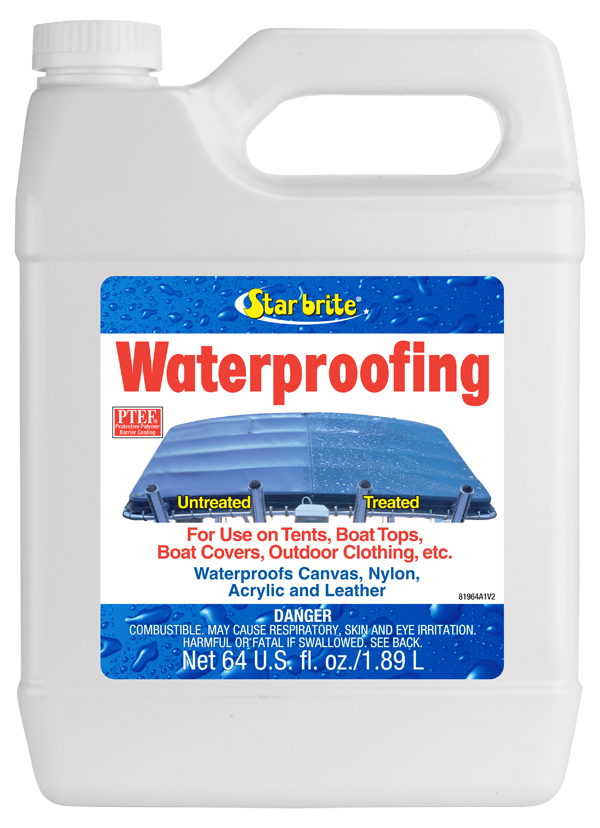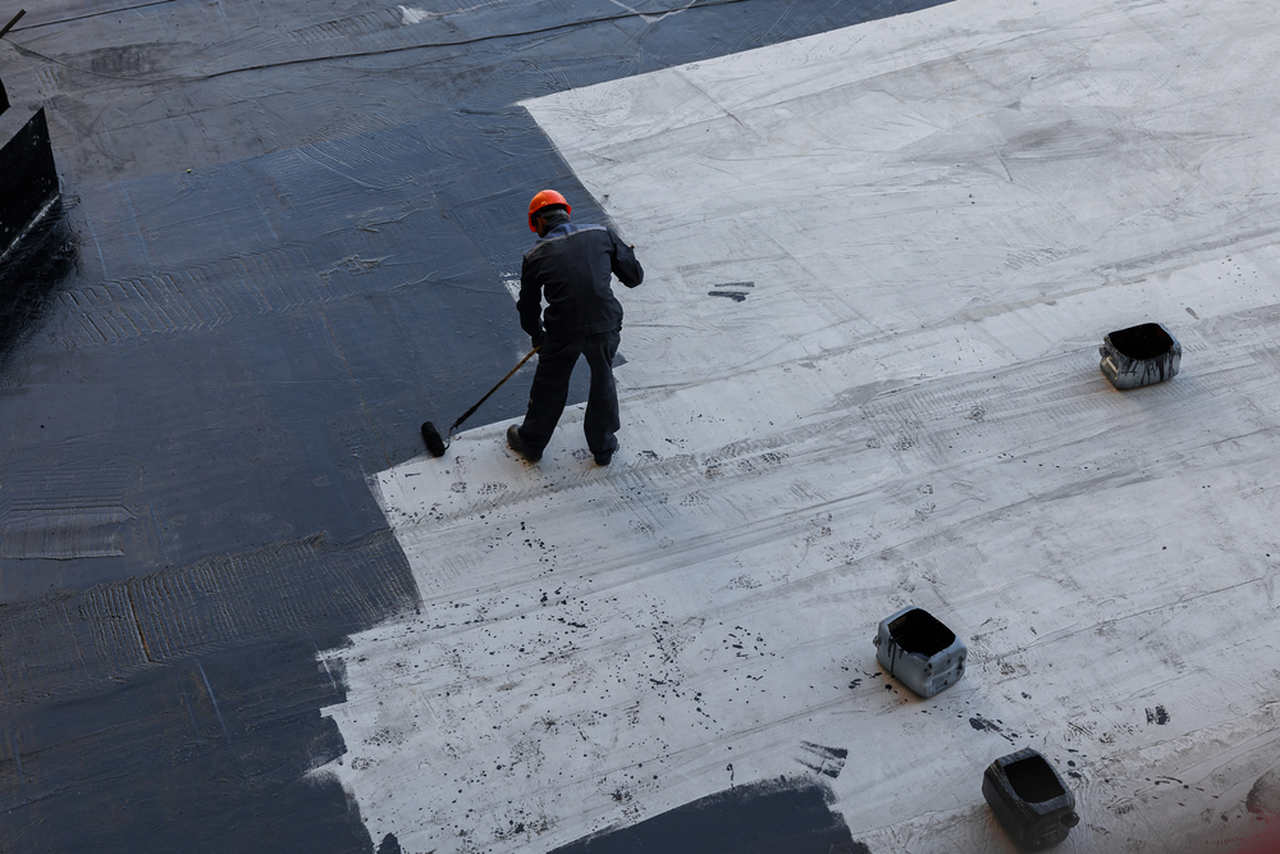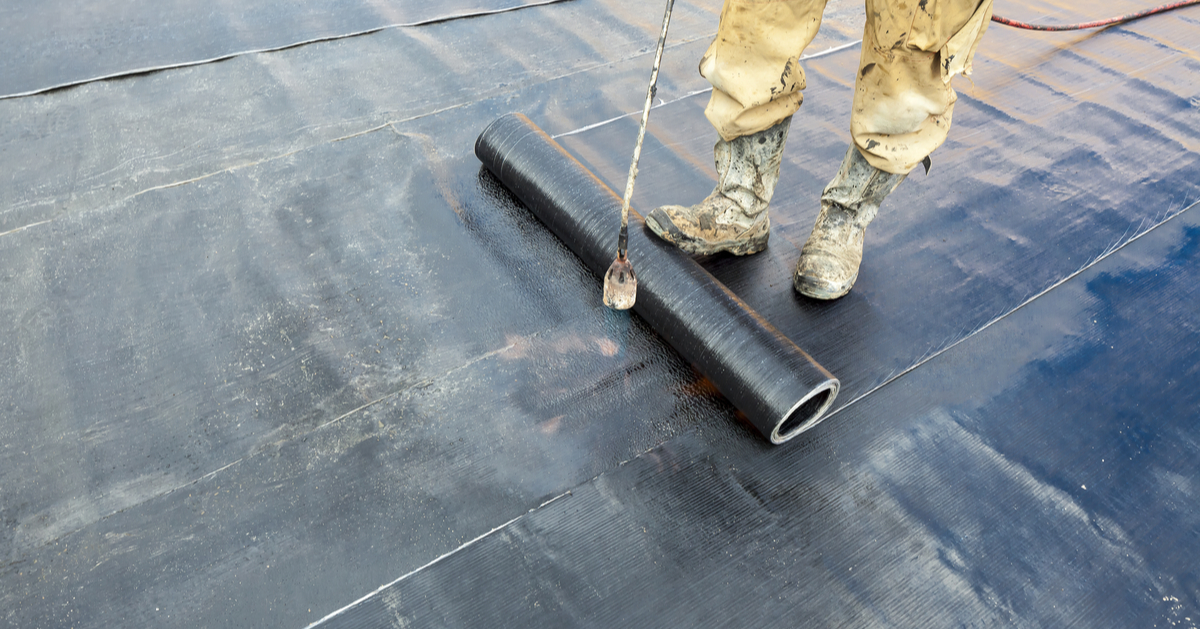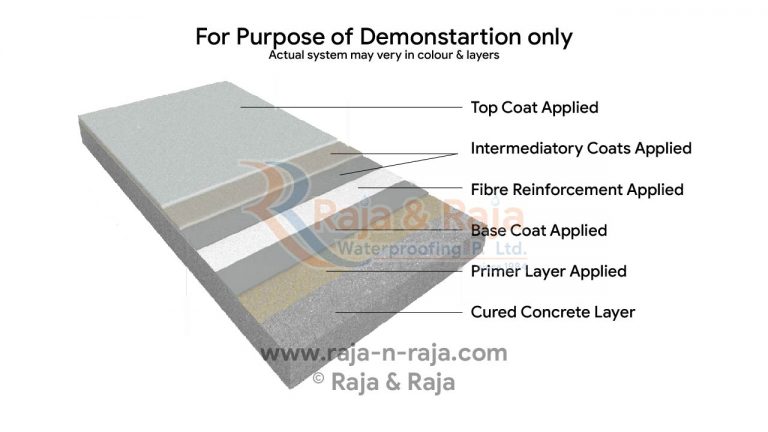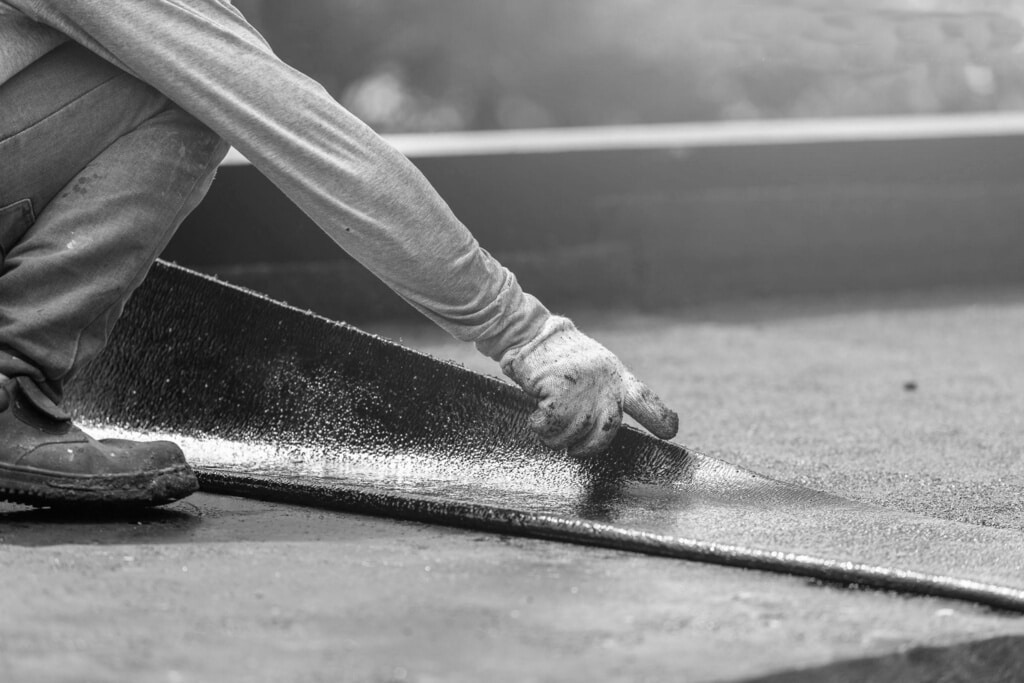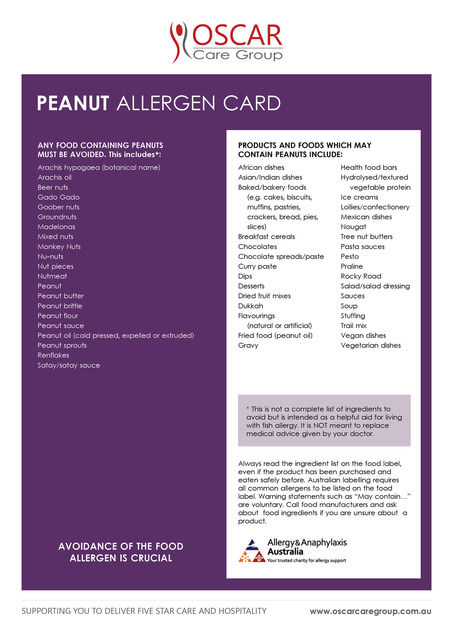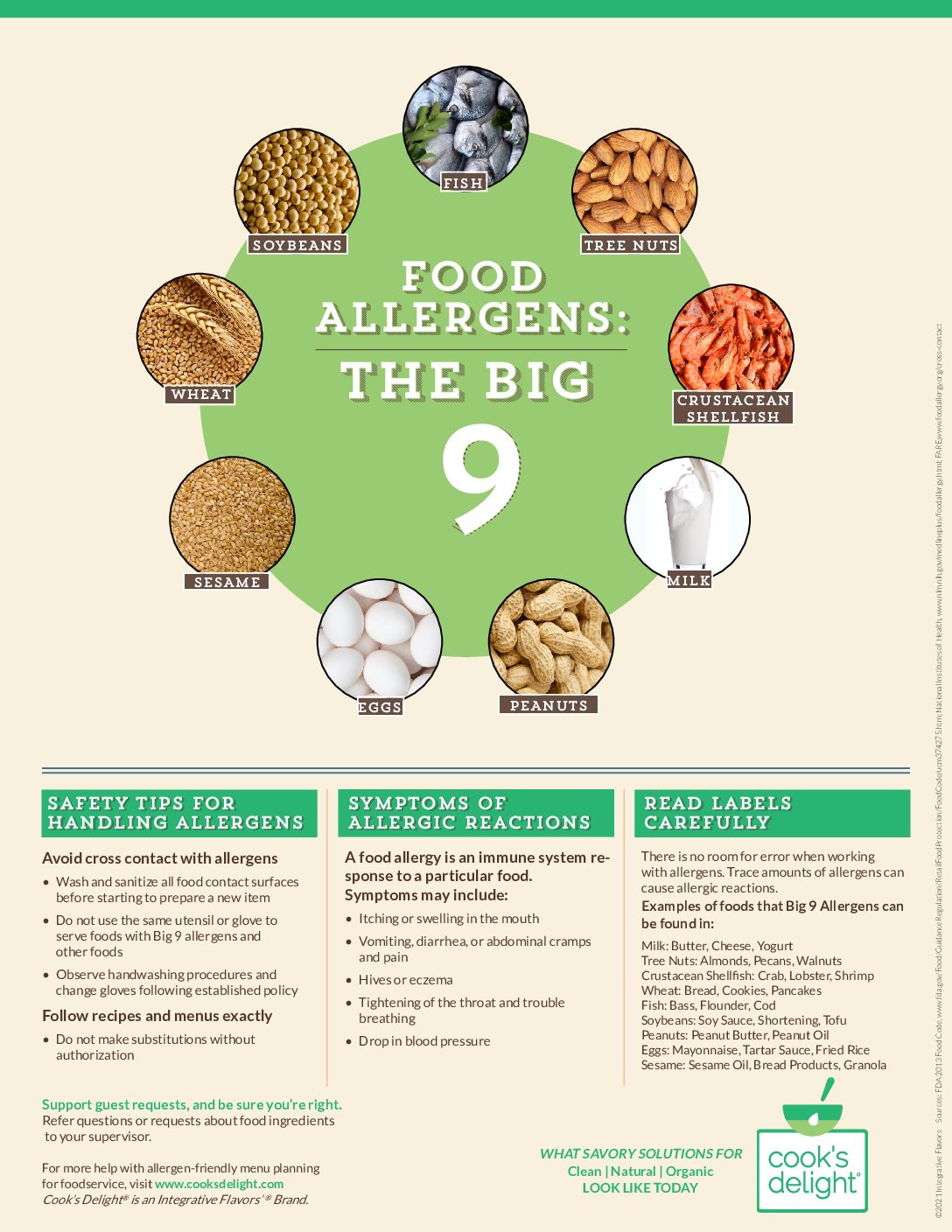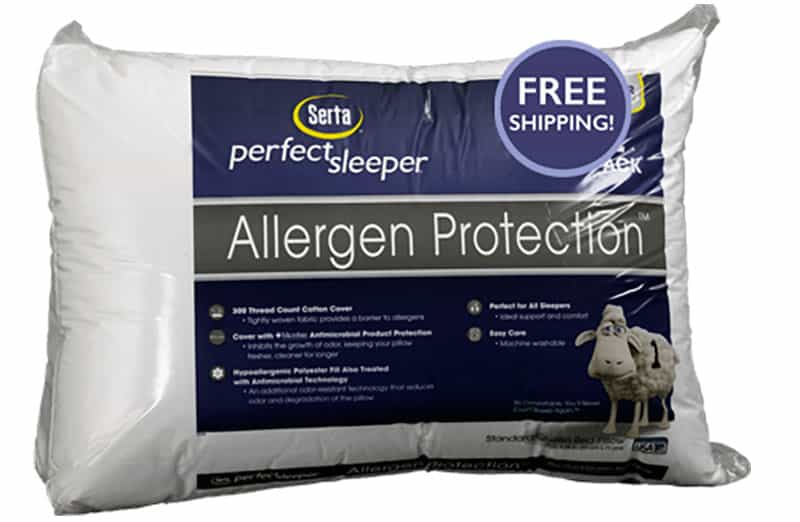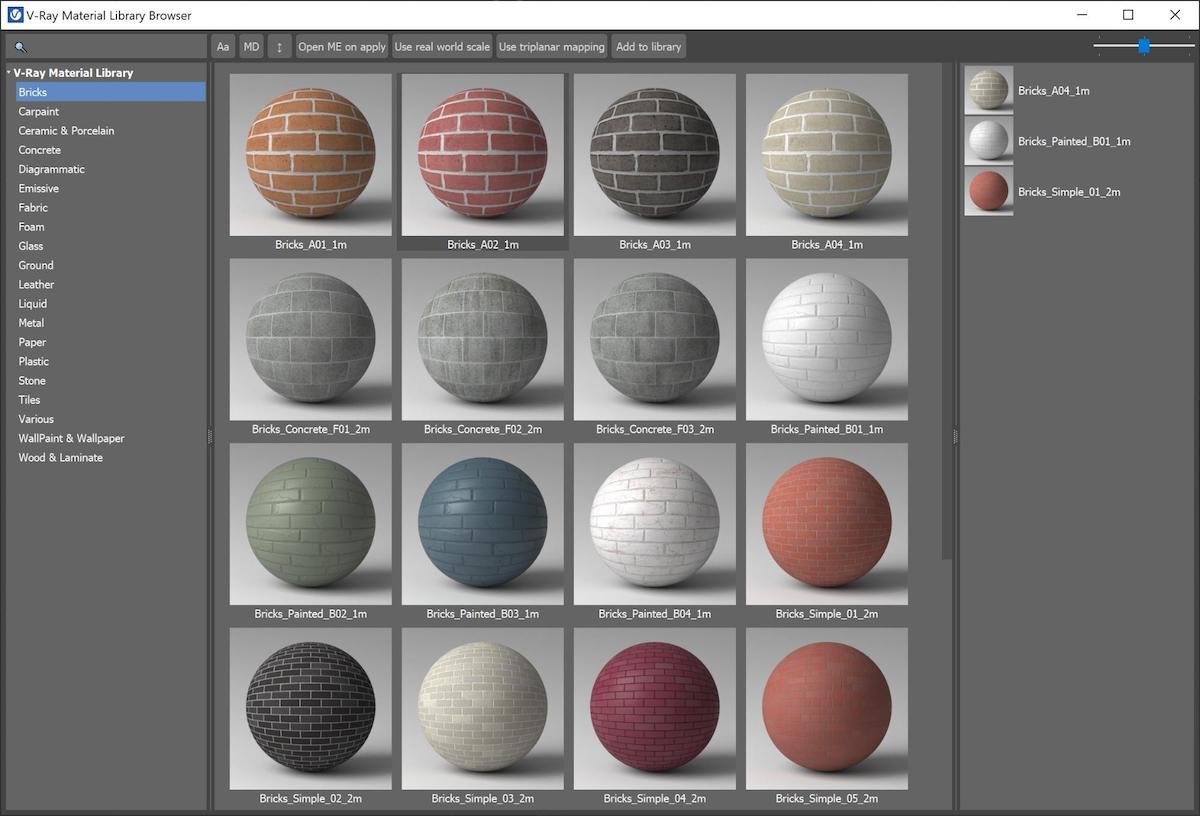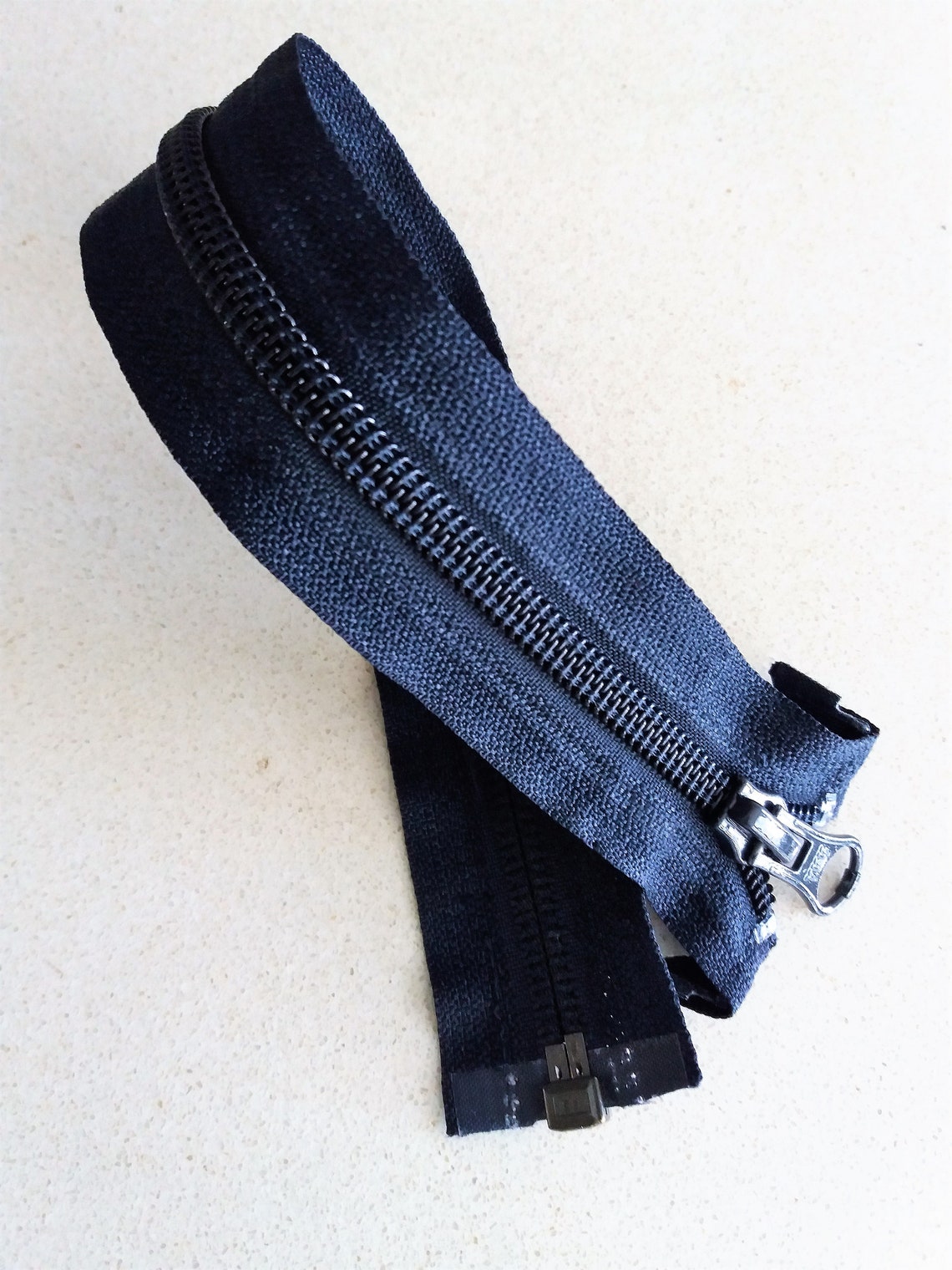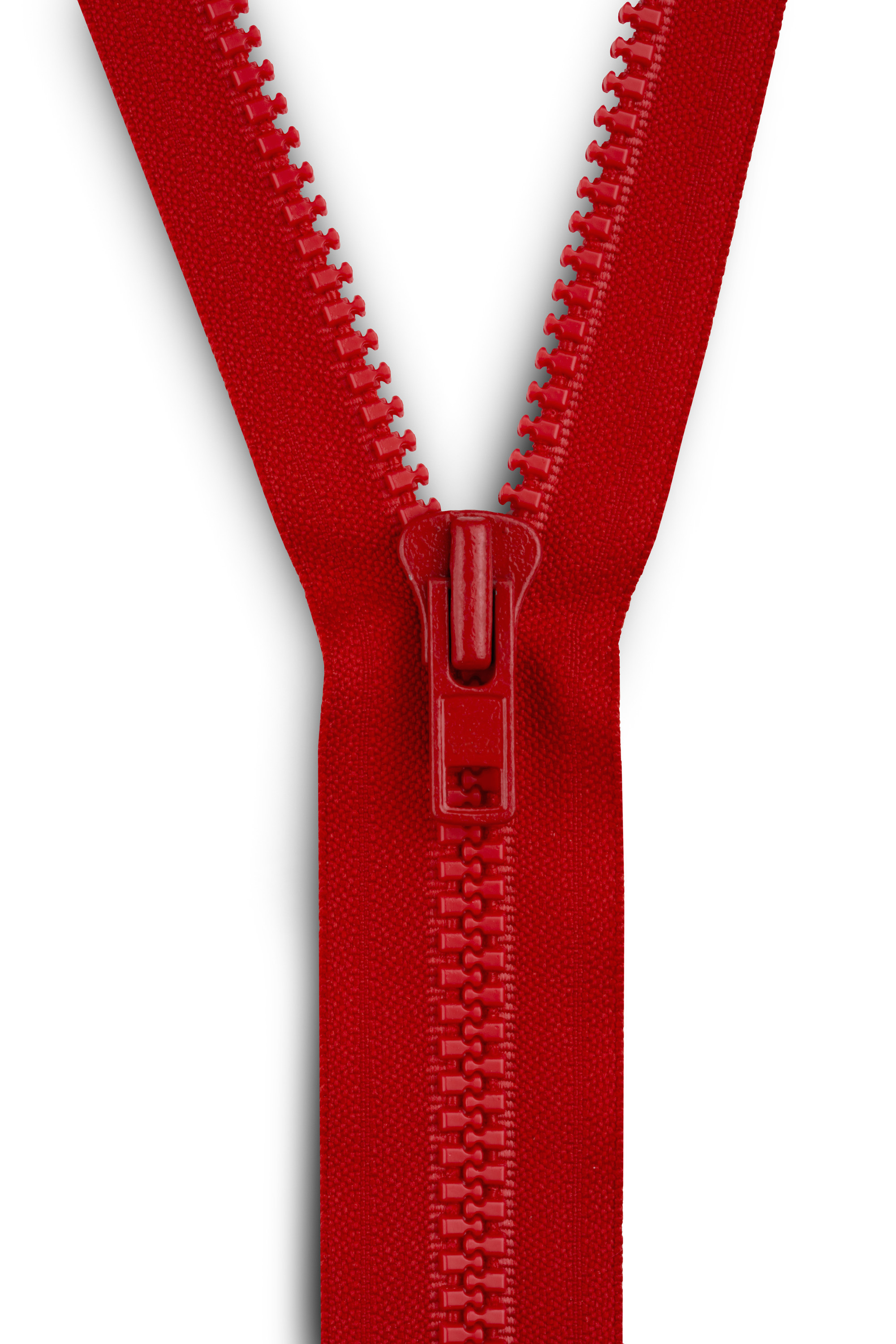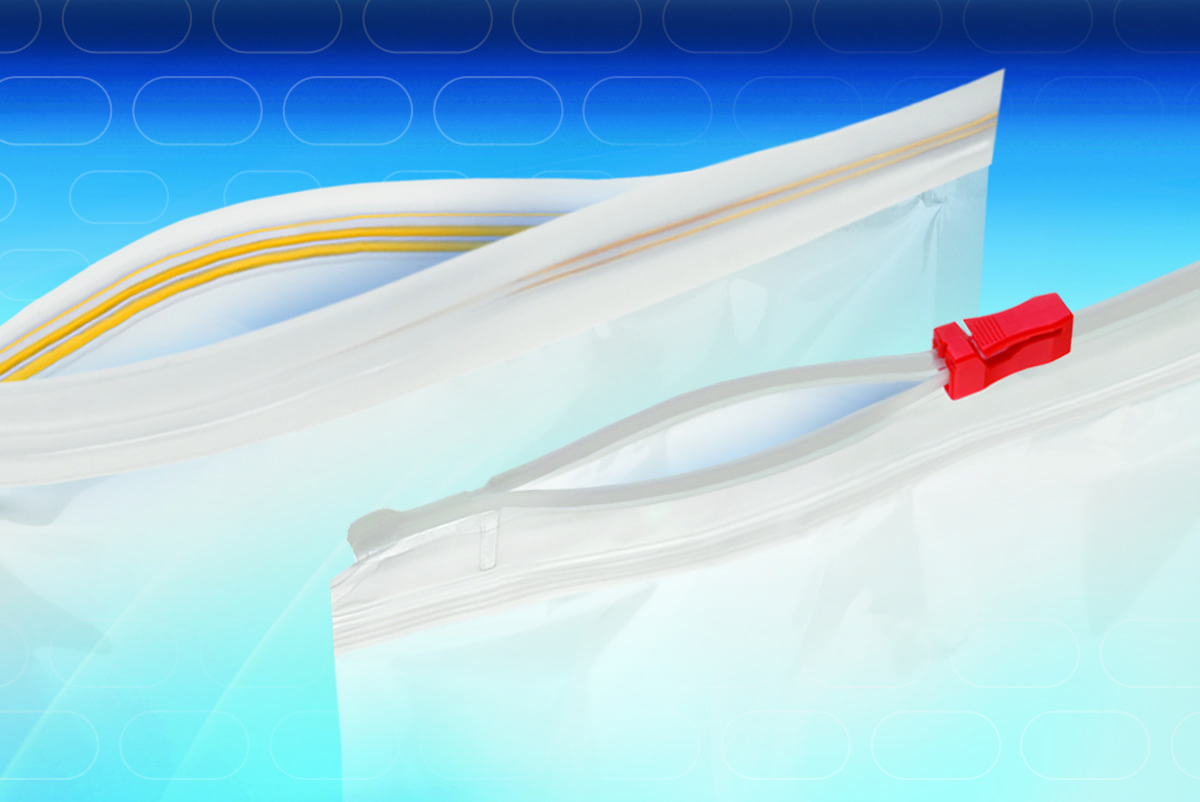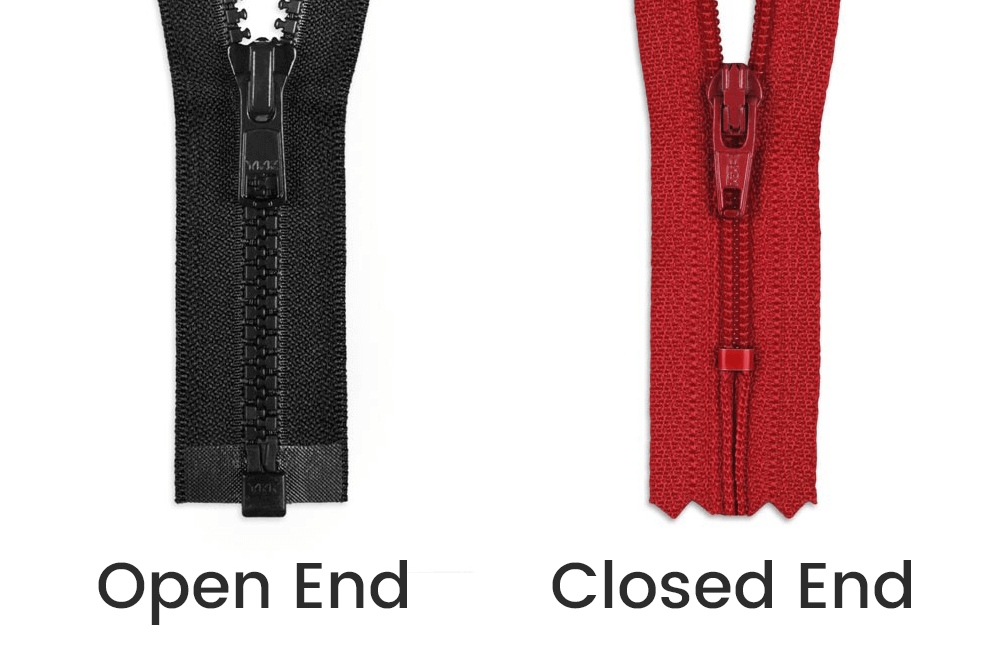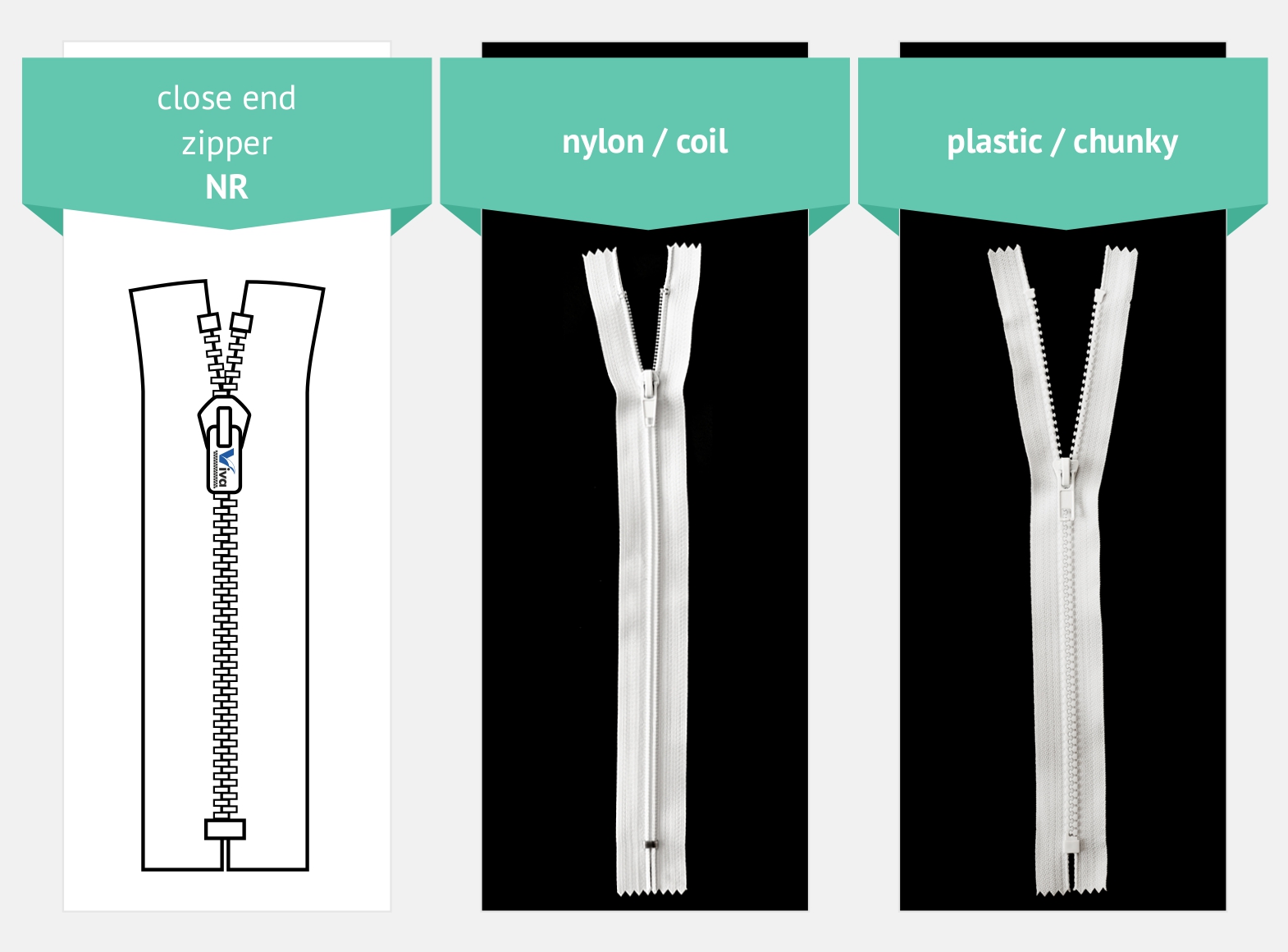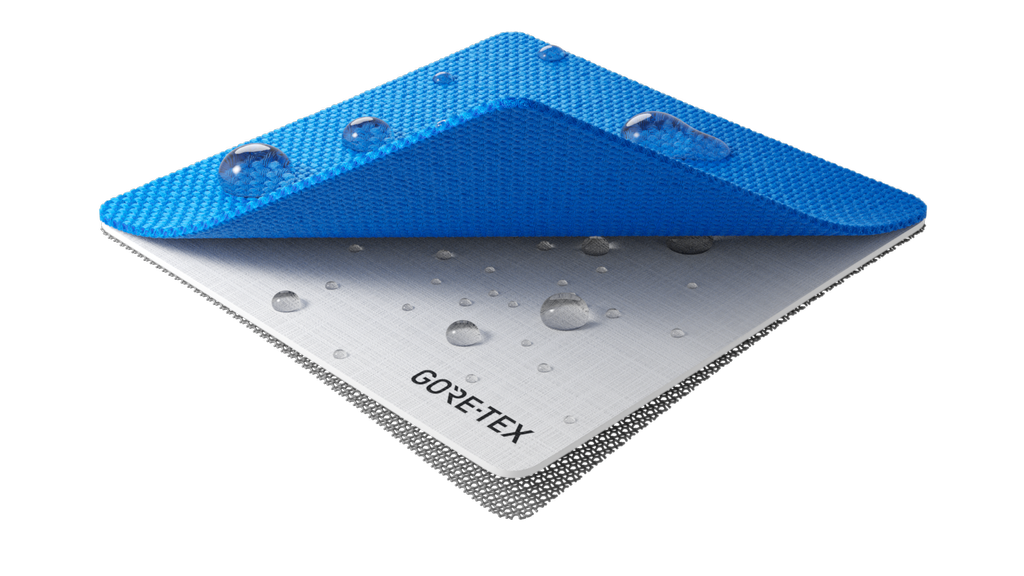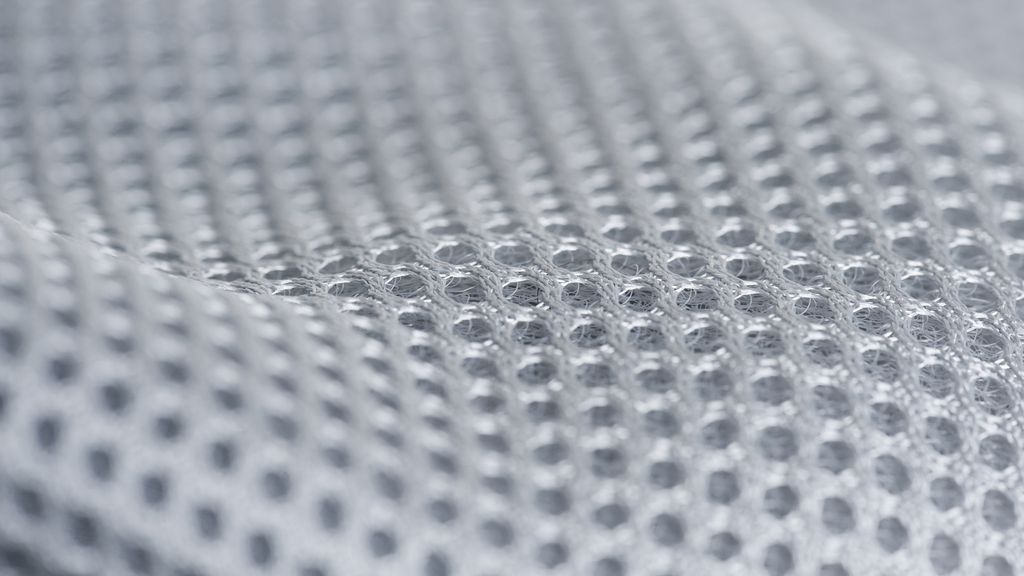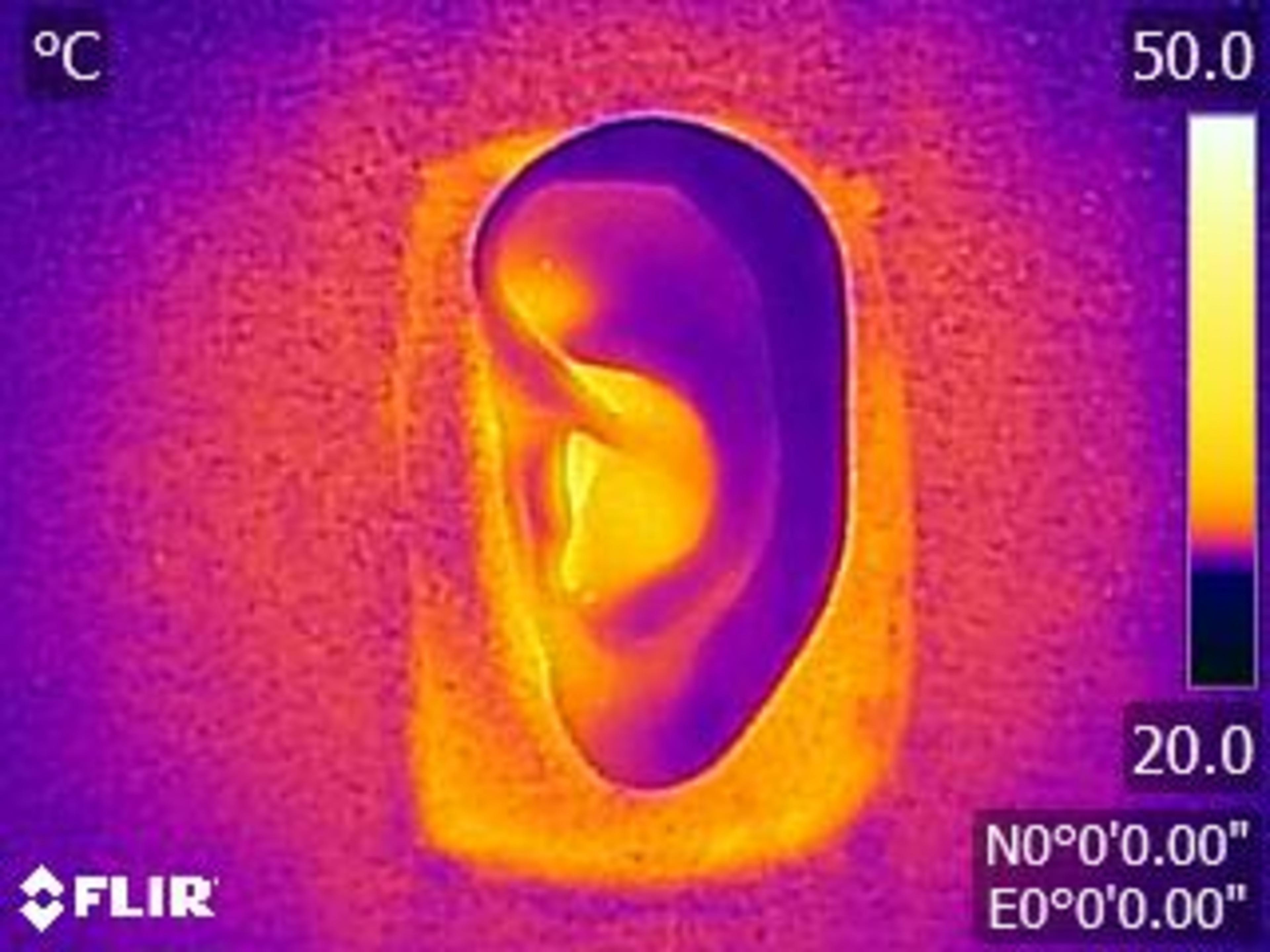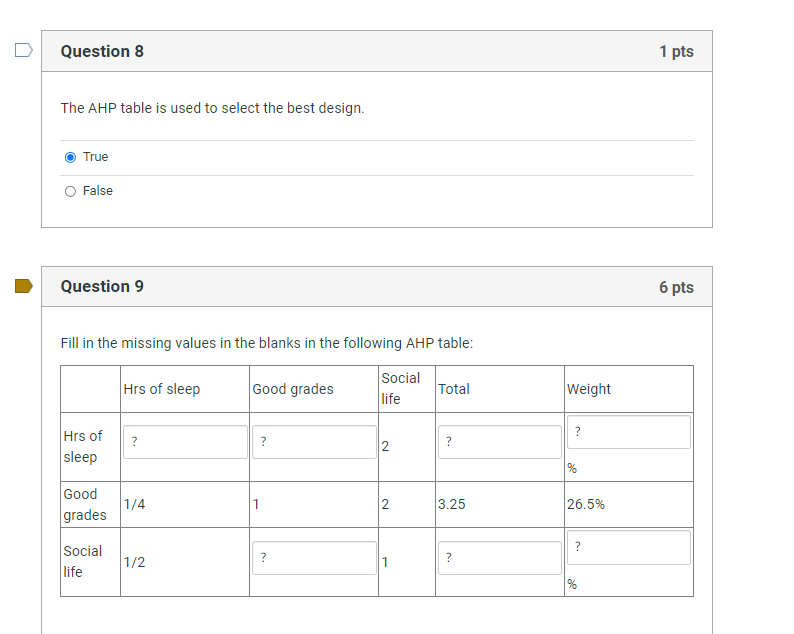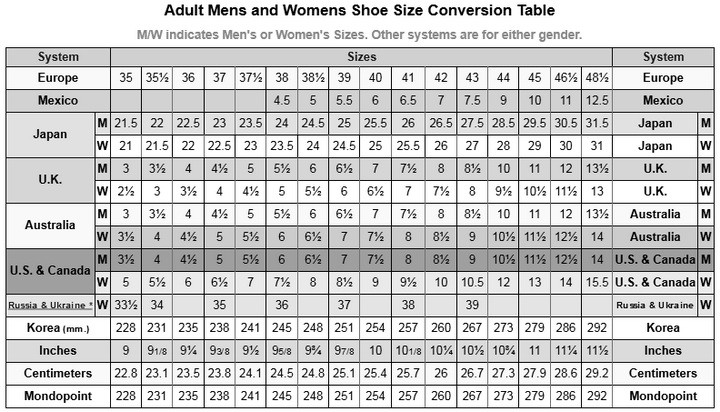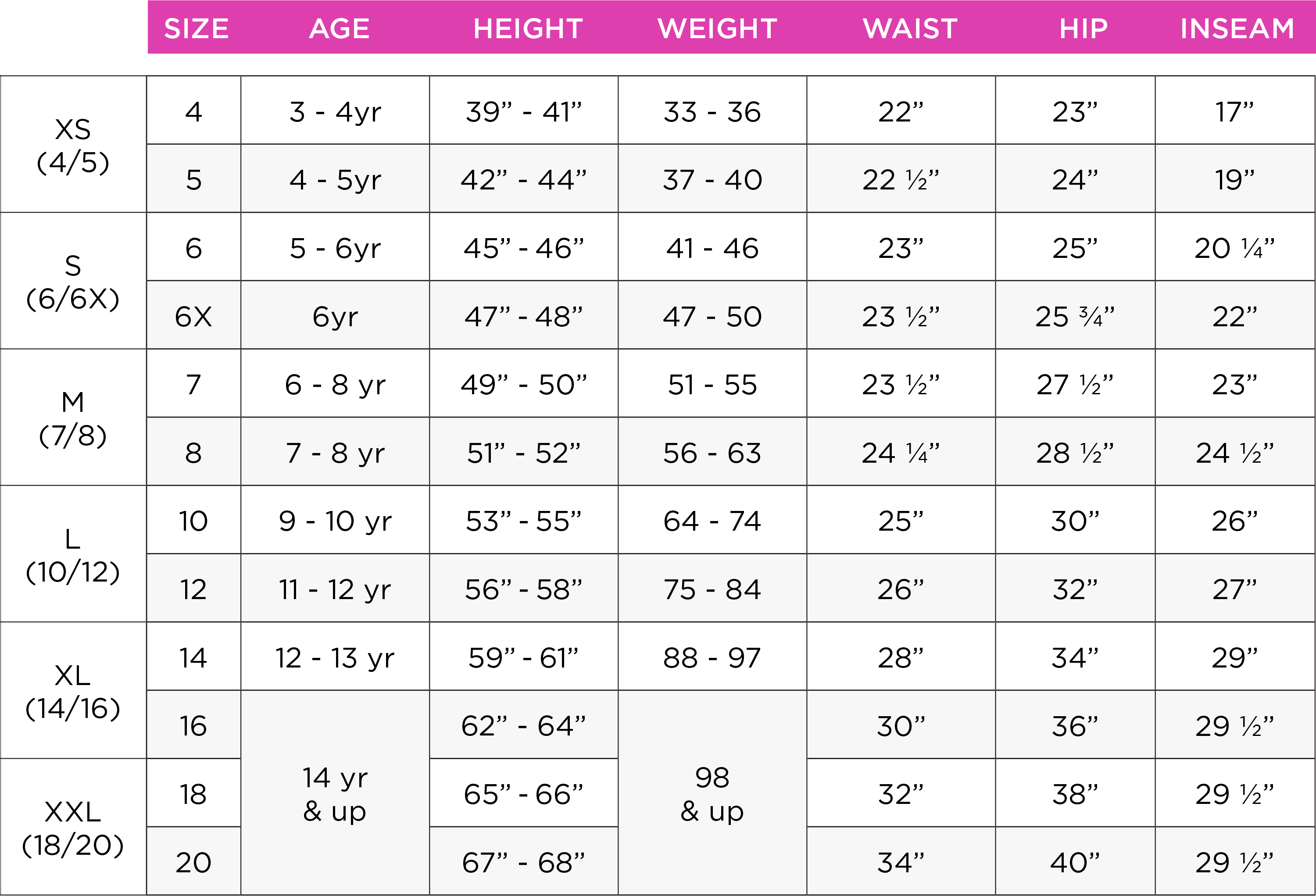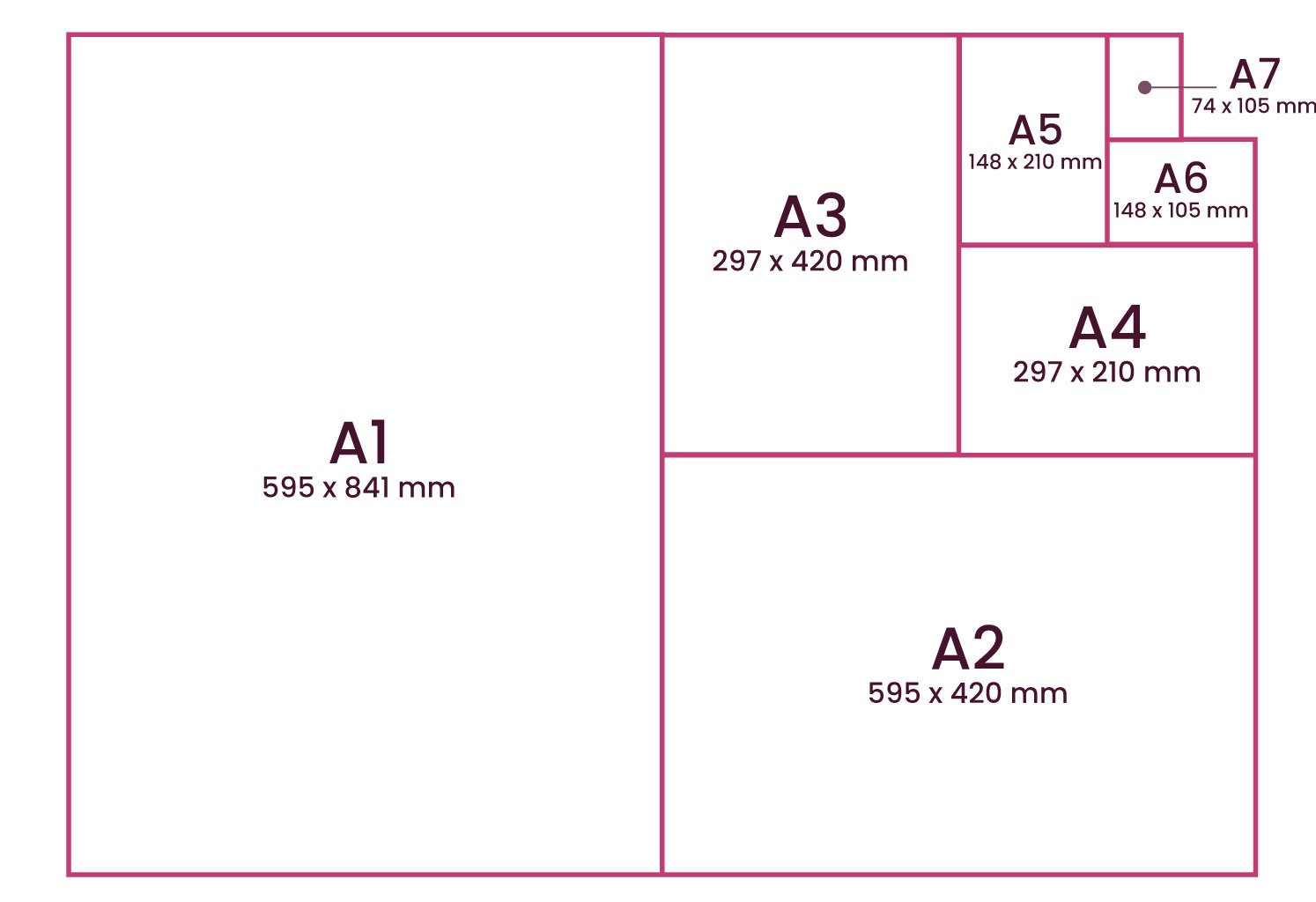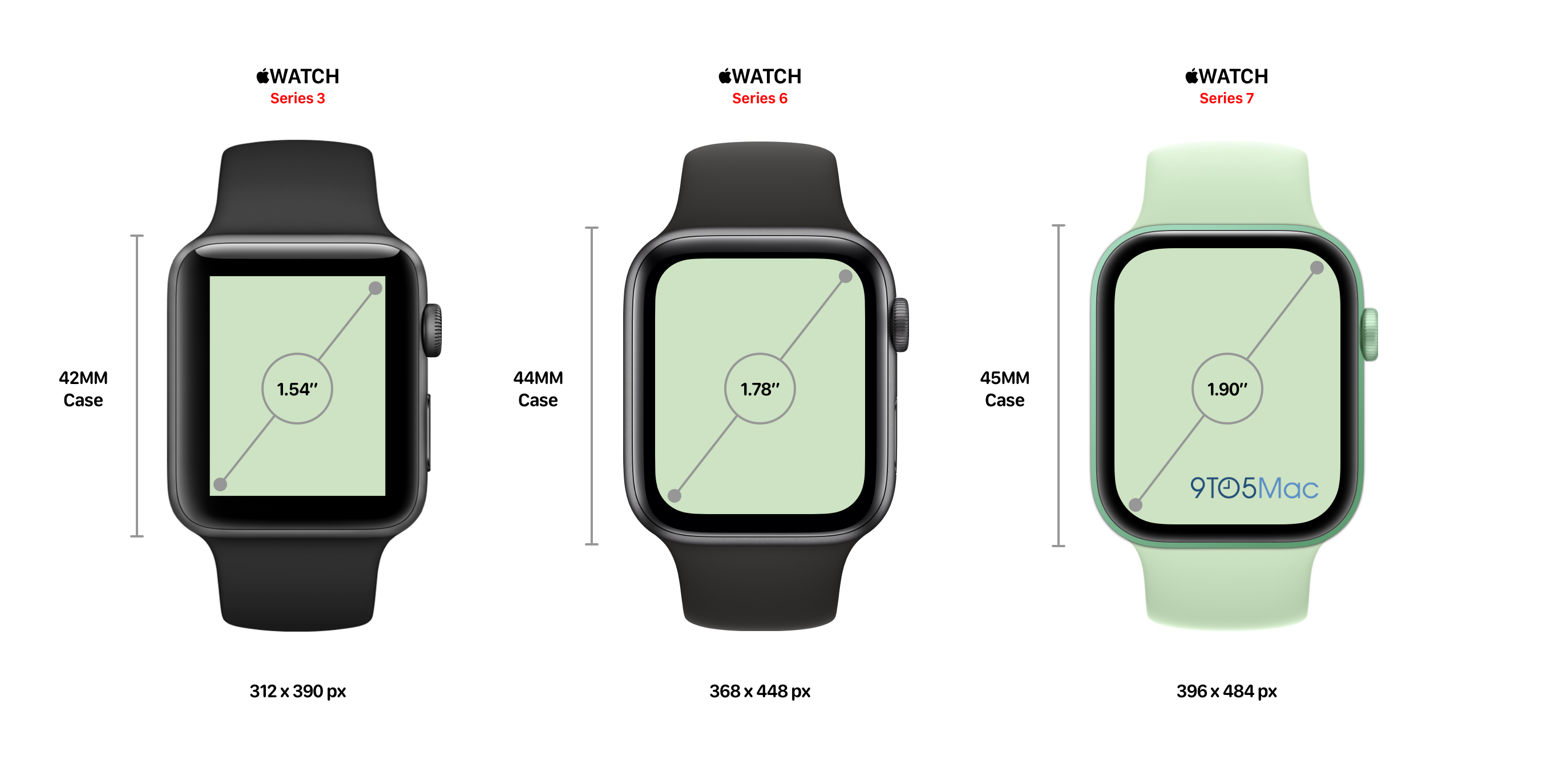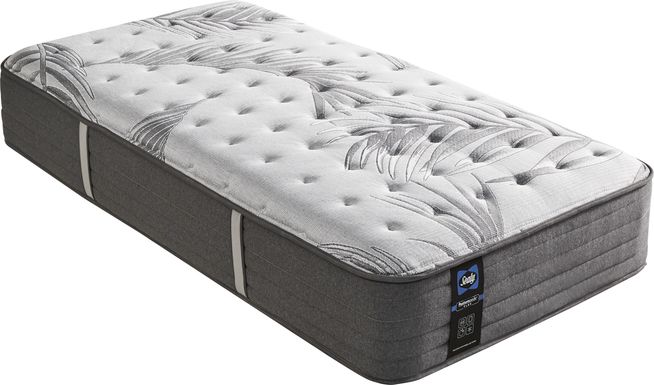1. Waterproofing
Waterproofing is one of the main differences between a mattress cover and an encasement. While both are designed to protect your mattress from spills and accidents, an encasement provides full coverage and complete waterproofing. This means that even if a liquid is spilled on the sides of the mattress, it will not seep through to the mattress itself. On the other hand, a mattress cover may only have a waterproof layer on the top surface, leaving the sides vulnerable to moisture.
2. Allergen Protection
Allergen protection is another important factor to consider when choosing between a mattress cover and an encasement. Encasements are specifically designed to protect against allergens, such as dust mites, that can accumulate in your mattress. They have a tightly woven fabric and a zipper closure that doesn't allow any allergens to enter or escape. Mattress covers may also offer some level of allergen protection, but they may not be as effective as encasements.
3. Material
The material used for a mattress cover or encasement can greatly affect its functionality and comfort. Mattress covers are usually made of cotton, polyester, or a blend of both. They are soft and breathable, making them comfortable to sleep on. Encasements, on the other hand, can be made of a variety of materials, including cotton, polyester, vinyl, or a combination of these. Vinyl encasements are typically more waterproof, but they may not be as breathable or comfortable as fabric encasements.
4. Zipper Closure
The zipper closure is an important feature to consider when deciding between a mattress cover and an encasement. Encasements have a zipper closure that fully encloses the mattress, providing complete protection against allergens and liquids. Some encasements also have a patented zipper closure that ensures the zipper stays tightly sealed. On the other hand, mattress covers may have a zipper closure, but it may not encase the entire mattress, leaving some areas vulnerable to spills or allergens.
5. Breathability
When it comes to breathability, mattress covers are usually the better option. They are made of breathable materials that allow air to circulate, keeping you cool and comfortable throughout the night. Encasements, on the other hand, may not be as breathable due to their waterproof layer and zipper closure. This can lead to a warmer sleep experience, which may not be ideal for those who tend to overheat at night.
6. Durability
Durability is an important factor to consider when investing in a mattress cover or encasement. Encasements are typically more durable due to their thicker material and full coverage. They are designed to withstand regular use and can last for years. Mattress covers, on the other hand, may not be as durable, especially if they are made of thinner materials. They may need to be replaced more frequently, especially if you have children or pets who can cause more wear and tear.
7. Size
The size of your mattress can also play a role in determining whether a mattress cover or encasement is the best choice for you. Encasements are available in a variety of sizes to fit different mattress sizes, including standard, extra-long, and even pillow-top mattresses. Mattress covers may also come in different sizes, but they may not have as many options as encasements. If you have an irregularly sized or shaped mattress, an encasement may be a better option for full coverage and protection.
8. Price
When it comes to price, mattress covers are generally more affordable than encasements. This is because they are made of less material and may not offer the same level of protection as encasements. However, investing in a high-quality encasement can be worth the extra cost for the added protection and durability it provides. Consider your budget and the level of protection you need when deciding between a mattress cover and encasement.
9. Purpose
The purpose of a mattress cover or encasement can also influence your decision. If you are looking for a simple solution to protect your mattress from spills and stains, a mattress cover may be sufficient. However, if you have allergies or want to fully protect your mattress from allergens, encasements are the better choice. They are also recommended for those with bed bugs, as they can prevent them from infesting your mattress.
10. Maintenance
Finally, maintenance is an important factor to consider when choosing between a mattress cover and encasement. Mattress covers are usually easier to maintain, as they can be removed and washed in the washing machine. Encasements, on the other hand, may require more effort to clean, as they need to be removed and wiped down with a damp cloth. However, encasements may also provide better protection against stains, making them easier to maintain in the long run.
The Importance of Mattress Covers and Encasements for a Good Night's Sleep

Mattress Cover vs. Encasement: What's the Difference?
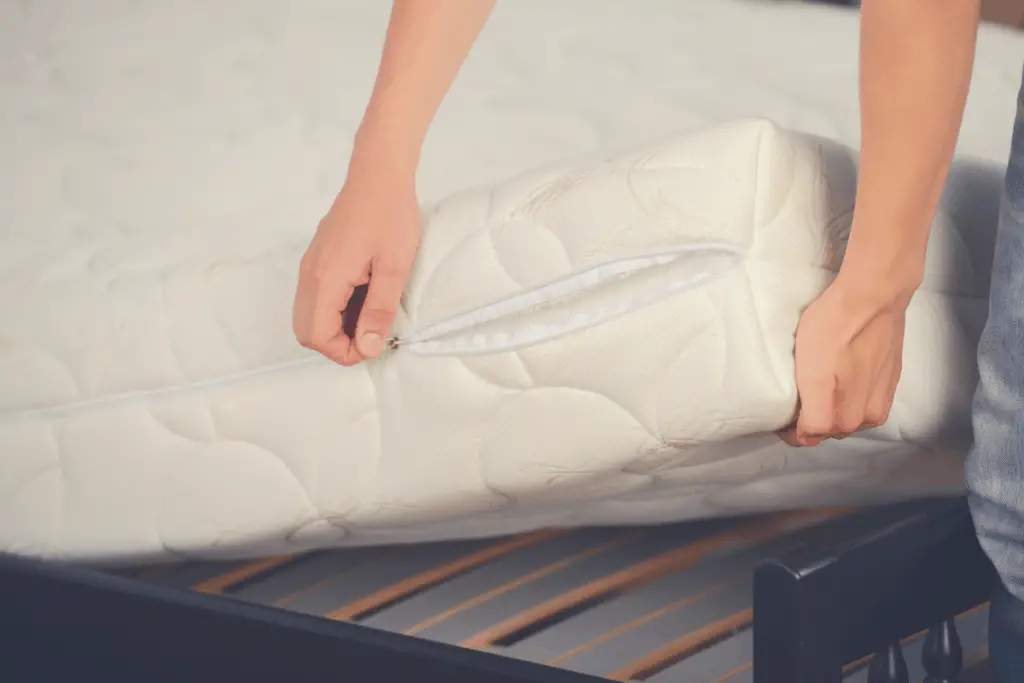 When it comes to creating the perfect sleep environment,
mattress covers and encasements
are two essential components. While they may seem similar, there are some key differences between the two that can greatly impact your sleeping experience.
A
mattress cover
is a thin, removable sheet that fits over the top of your mattress. It is typically made of a soft, breathable material such as cotton or polyester and is designed to protect your mattress from spills, stains, and general wear and tear. Some covers also offer additional features like waterproofing or cooling properties.
On the other hand, a
mattress encasement
is a full-coverage, zippered fabric casing that completely surrounds your mattress. It is usually made of a thicker, more durable material such as vinyl or polyester and is designed to protect your mattress from bed bugs, dust mites, and other allergens. Encasements are also waterproof and can provide a barrier against spills and stains.
When it comes to creating the perfect sleep environment,
mattress covers and encasements
are two essential components. While they may seem similar, there are some key differences between the two that can greatly impact your sleeping experience.
A
mattress cover
is a thin, removable sheet that fits over the top of your mattress. It is typically made of a soft, breathable material such as cotton or polyester and is designed to protect your mattress from spills, stains, and general wear and tear. Some covers also offer additional features like waterproofing or cooling properties.
On the other hand, a
mattress encasement
is a full-coverage, zippered fabric casing that completely surrounds your mattress. It is usually made of a thicker, more durable material such as vinyl or polyester and is designed to protect your mattress from bed bugs, dust mites, and other allergens. Encasements are also waterproof and can provide a barrier against spills and stains.
The Benefits of Using a Mattress Cover
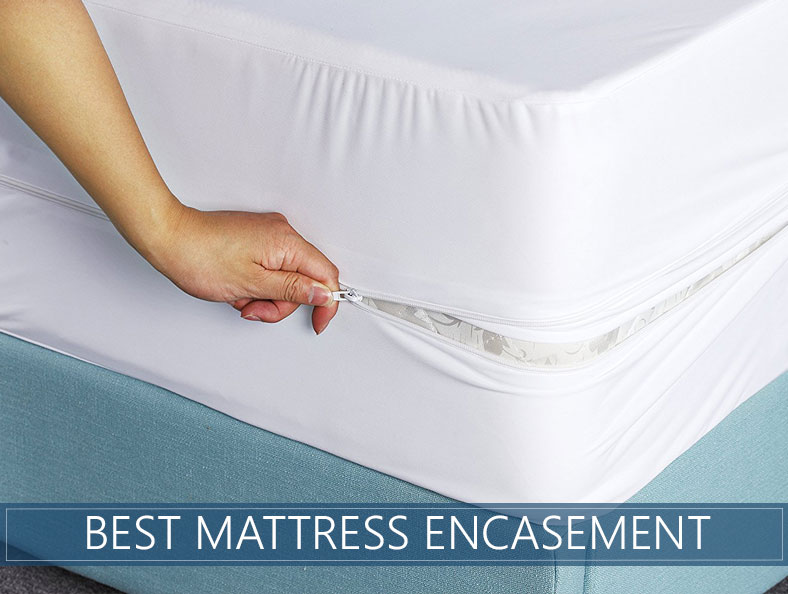 Using a
mattress cover
has several benefits that can greatly improve your sleeping experience. Firstly, it helps to keep your mattress clean and fresh by protecting it from spills, sweat, and allergens. This is especially important if you suffer from allergies or asthma. A mattress cover can also prolong the life of your mattress by preventing it from becoming stained or damaged.
Additionally, some mattress covers have cooling properties that can help regulate your body temperature while you sleep. This is especially beneficial for hot sleepers, as it can prevent you from overheating and waking up in the middle of the night.
Using a
mattress cover
has several benefits that can greatly improve your sleeping experience. Firstly, it helps to keep your mattress clean and fresh by protecting it from spills, sweat, and allergens. This is especially important if you suffer from allergies or asthma. A mattress cover can also prolong the life of your mattress by preventing it from becoming stained or damaged.
Additionally, some mattress covers have cooling properties that can help regulate your body temperature while you sleep. This is especially beneficial for hot sleepers, as it can prevent you from overheating and waking up in the middle of the night.
The Advantages of a Mattress Encasement
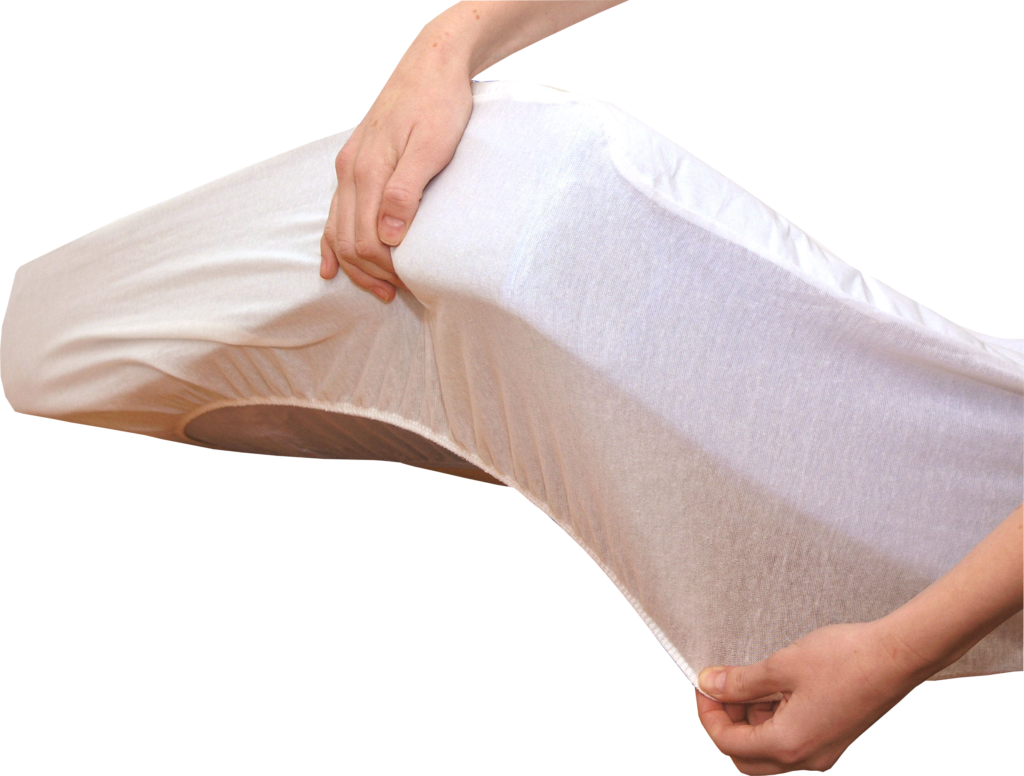 While a
mattress cover
primarily focuses on protecting your mattress, a
mattress encasement
goes a step further by providing a barrier against bed bugs, dust mites, and other allergens. These microscopic pests can cause skin irritation and respiratory issues, making a mattress encasement a must-have for those with allergies or sensitivities.
Moreover, a mattress encasement is also waterproof, making it a great option for households with young children or pets. It can also provide an added layer of protection for individuals who struggle with incontinence or night sweats.
While a
mattress cover
primarily focuses on protecting your mattress, a
mattress encasement
goes a step further by providing a barrier against bed bugs, dust mites, and other allergens. These microscopic pests can cause skin irritation and respiratory issues, making a mattress encasement a must-have for those with allergies or sensitivities.
Moreover, a mattress encasement is also waterproof, making it a great option for households with young children or pets. It can also provide an added layer of protection for individuals who struggle with incontinence or night sweats.
In Conclusion
 Both
mattress covers and encasements
serve important purposes in creating a comfortable and healthy sleep environment. While covers focus on protecting your mattress from spills and wear and tear, encasements provide a barrier against allergens and pests. By using these two components together, you can ensure a clean, comfortable, and uninterrupted night's sleep.
Both
mattress covers and encasements
serve important purposes in creating a comfortable and healthy sleep environment. While covers focus on protecting your mattress from spills and wear and tear, encasements provide a barrier against allergens and pests. By using these two components together, you can ensure a clean, comfortable, and uninterrupted night's sleep.


